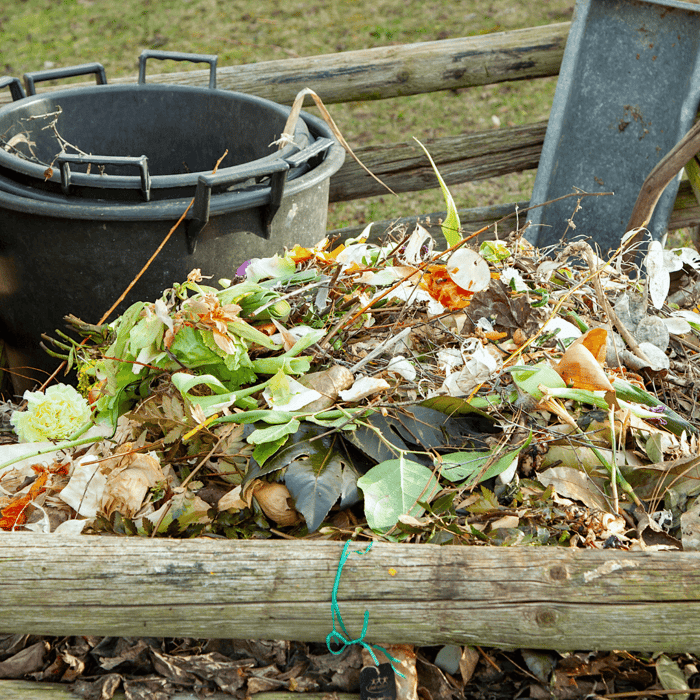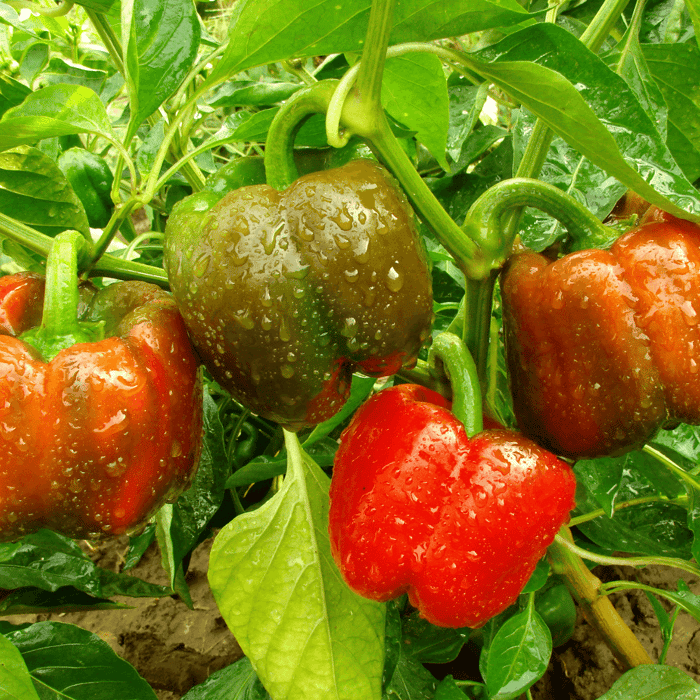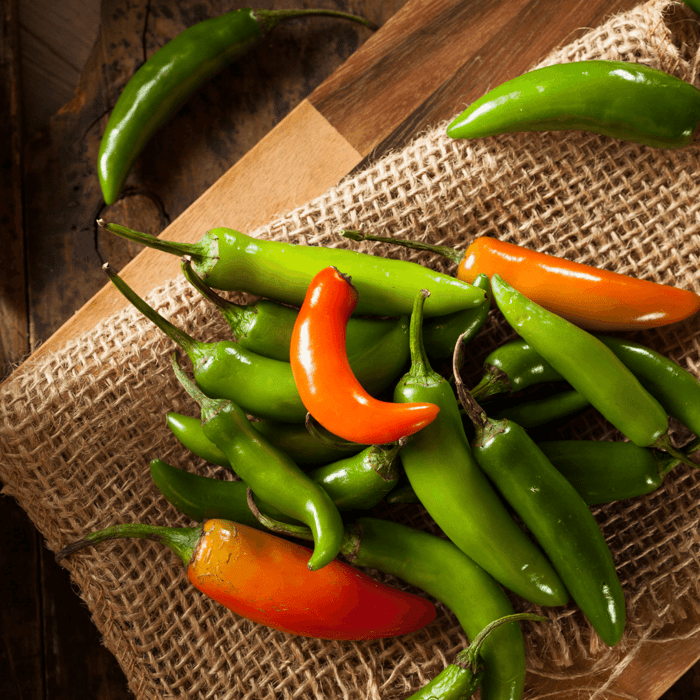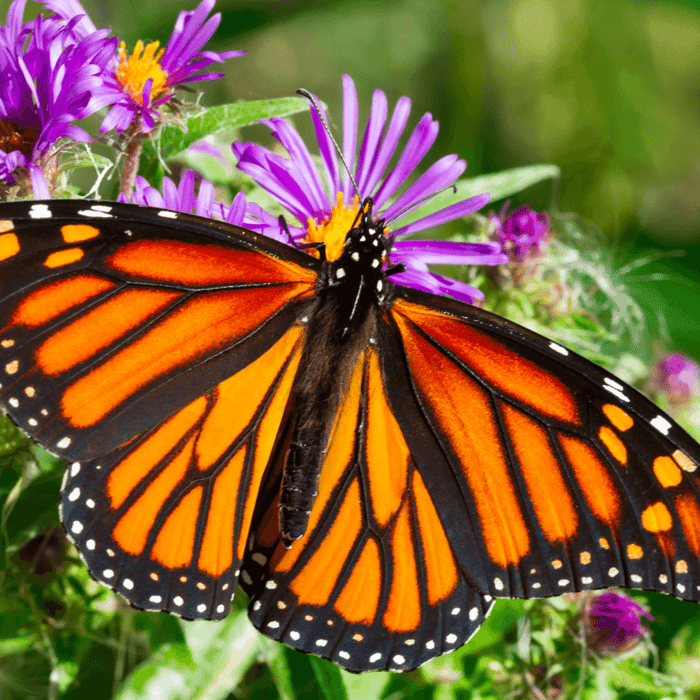Composting breaks down organic matter, such as food waste and yard trimmings, into a nutrient-rich soil amendment. It's a natural way to recycle and improve soil health, making it an essential practice for any gardener or environmentally-conscious individual. Composting reduces the amount of waste sent to landfills and reduces greenhouse gas emissions by decomposing organic matter aerobically rather than anaerobically in landfills. Furthermore, composting can save money on fertilizer and water costs while improving soil structure and plant growth. While many things can be composted, let's explore what not to do when composting in this article.

What No To Do When Composting, the Composting Dont's
Listen to article
Audio generated by DropInBlog's Blog Voice AI™ may have slight pronunciation nuances. Learn more
Composting has numerous benefits for the environment. The first benefit is that it diverts food waste from landfills, where it would decompose to oxygen and produce methane gas. This potent greenhouse gas is 25 times more harmful than carbon dioxide over 100 years.
In addition to reducing greenhouse gas emissions, composting conserves water by improving soil structure. Compost-rich soil can hold up to seven times its weight in water and release it slowly, reducing the need for frequent watering.
Moreover, composting prevents erosion by stabilizing soils with its fibrous structure that binds particles together. It adds essential nutrients like nitrogen, phosphorus, potassium (NPK), carbon (C), and some micro-nutrients necessary for healthy plant growth. Composting reduces reliance on synthetic fertilizers produced from fossil fuels - adding significant amounts of carbon dioxide equivalent (CO2e) into the atmosphere during production - contaminating soils and groundwater sources when applied excessively or improperly.
Now you know why composting is so important! Stay tuned because, in the next section, we will review common mistakes people make when composting.
Composting is an effective way to reduce waste and produce nutrient-rich soil for your garden. However, not all materials are suitable for composting.
Due to their high-fat content, meat and dairy products should not be added to your compost pile. The fats will slow the decomposition process of other organic matter in the pile, leading to a stinky and unproductive compost pile.
Additionally, meat and dairy products can attract unwanted pests like rodents and flies. If you want to compost food scraps, stick to vegetable scraps instead.
Turning your compost pile regularly is essential for proper decomposition. When organic matter is broken down by microorganisms, heat is generated. This heat helps destroy pathogens and weed seeds that may be present in the pile.
However, this heat can also cause temperatures in the center of the pile to rise too high, killing off beneficial microorganisms necessary for decomposition. Turning your compost pile regularly with a pitchfork or shovel help distribute oxygen throughout the pile while preventing hot spots from forming.
While most garden weeds are considered an organic matter that can be added to a compost pile, it's important to avoid adding weeds with seeds. If you add weeds with mature seeds into your compost mix, those seeds are likely to survive the decomposition process and sprout up in your garden once you use that soil as fertilizer. To prevent this from happening, make sure any weeds you add to your compost mix have already gone through their seed production cycle, or remove any seeds before adding them.
Some homeowners may be tempted to speed up their composting process by adding chemicals or pesticides to their compost pile. However, this is not recommended as these chemicals can harm the beneficial microorganisms that break down organic matter and create nutrient-rich soil.
If you want to speed up the composting process, consider adding green and brown materials in the right ratio to help create a balance of carbon and nitrogen-rich materials to help accelerate decomposition naturally. Remember, composting should be a natural process – avoid the temptation to add any shortcuts.
By avoiding these common mistakes when composting, you can ensure that your compost pile produces high-quality soil for your garden while reducing waste. Remember to only add suitable materials and turn your pile regularly for optimal results.
If you have a pet, it may be tempting to add their waste to your compost pile to reduce waste and contribute to your composting efforts. However, adding pet waste can be dangerous due to the potential pathogens that it may contain.
Pet waste can contain harmful bacteria such as E. coli and salmonella, which can survive in your compost pile for months or even years. This means that if you use your contaminated compost on fruits and vegetables that are consumed raw, there is a risk of getting sick from the harmful bacteria.
It is best to avoid adding pet waste to your compost pile altogether. Instead, consider disposing of it differently, such as flushing it down the toilet or burying it in a designated area away from edible plants.
If you have plants that are diseased or infected with pests, do not add them to your compost pile. Doing so can spread disease throughout your garden and introduce pests into your compost pile.
Diseased plant material should be removed from your garden and disposed of in the trash or burned if permitted by local regulations. It is important to note that some diseases can survive for years, even after being added to a compost pile with other organic materials.
If you want to use diseased plants for composting, ensure they are entirely dead before adding them. This will ensure they have gone through proper decomposition so any potential disease pathogens are destroyed before entering your garden ecosystem.
Synthetic materials like plastics do not decompose and should not be added to a composting pile. These materials will remain in your compost pile, taking up space and potentially contaminating the compost. This can lead to less effective compost that may harm your garden.
It is also important to note that synthetic materials like plastic bags can harm wildlife. Consider switching to reusable bags or containers instead of using disposable plastics to reduce your waste footprint.
If you want to make sure your compost is as sustainable as possible, make sure that you only add organic materials like fruit and vegetable scraps, leaves, grass clippings, and wood chips. These materials will break down effectively and create nutrient-rich soil for your garden.
Now that you know what not to do when composting, let's review the common mistakes and other things to avoid. Firstly, avoid adding meat and dairy products to your compost pile.
These items attract unwanted pests and can take a long time to decompose, which slows down the process of creating nutrient-rich soil for your garden. Instead, focus on adding fruit and vegetable scraps, eggshells, and coffee grounds.
Another mistake to avoid is neglecting to turn your compost pile regularly. Turning the pile helps aerate it and allows for proper decomposition, resulting in a finer texture of soil that can be used in your garden beds.
Avoid adding weeds with seeds to your compost pile as well. If you add weeds with seeds into the mix, you may spread those same weeds throughout your garden.
Be sure to remove any weeds before adding them to your compost. Chemicals like pesticides should also be avoided when composting.
Chemicals can harm the microorganisms that break down organic matter in your compost pile, which results in an unhealthy balance of nutrients in the soil. In addition to these common mistakes, there are other things you should avoid when composting, such as pet waste and diseased plants.
Pet waste may contain pathogens that can be harmful if they come into contact with fruits or vegetables grown in the compost. Similarly, diseased plants should not be added as they may spread disease throughout your garden.
Synthetic materials like plastics should be avoided when composting because they do not decompose and will remain in the soil for years after use. Overall, by avoiding these common mistakes and following best practices for composting, you will create healthy soil perfect for growing vibrant gardens free from disease or unwanted pests!




 Not Turning the Compost Pile Regularly
Not Turning the Compost Pile Regularly Conclusion - What Not to Do When Composting
Conclusion - What Not to Do When Composting

